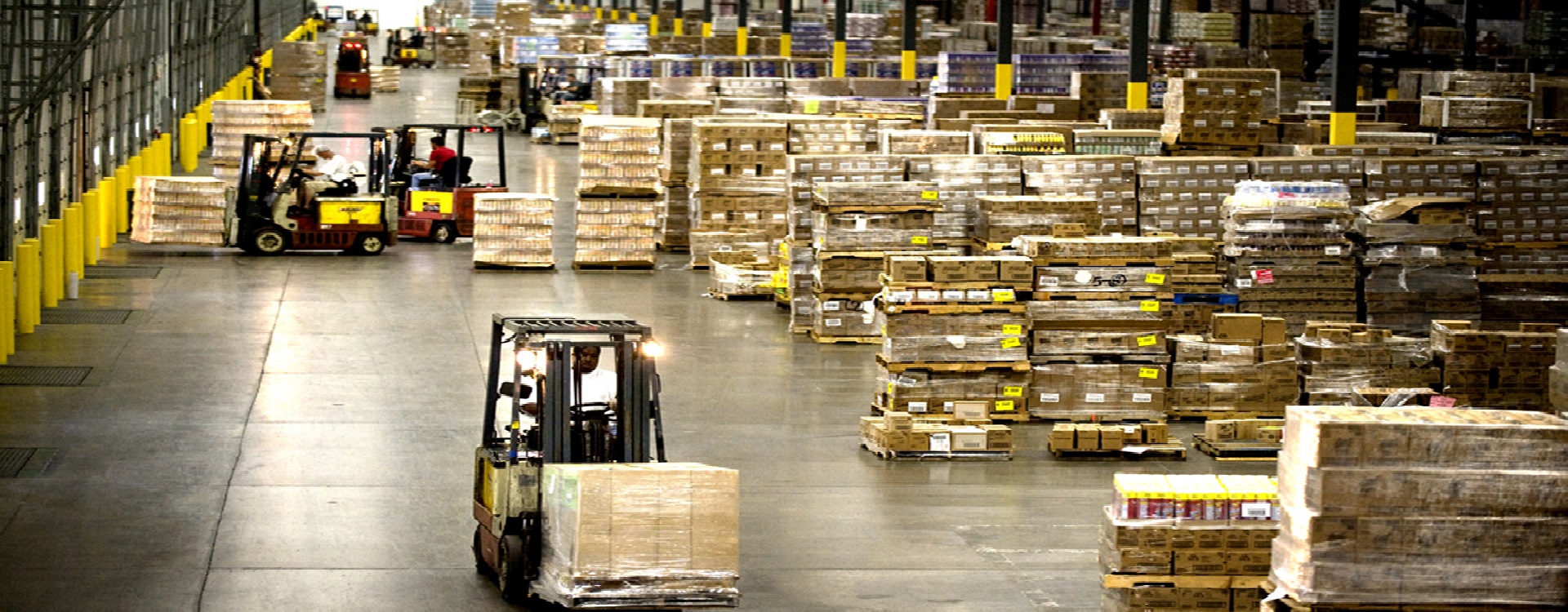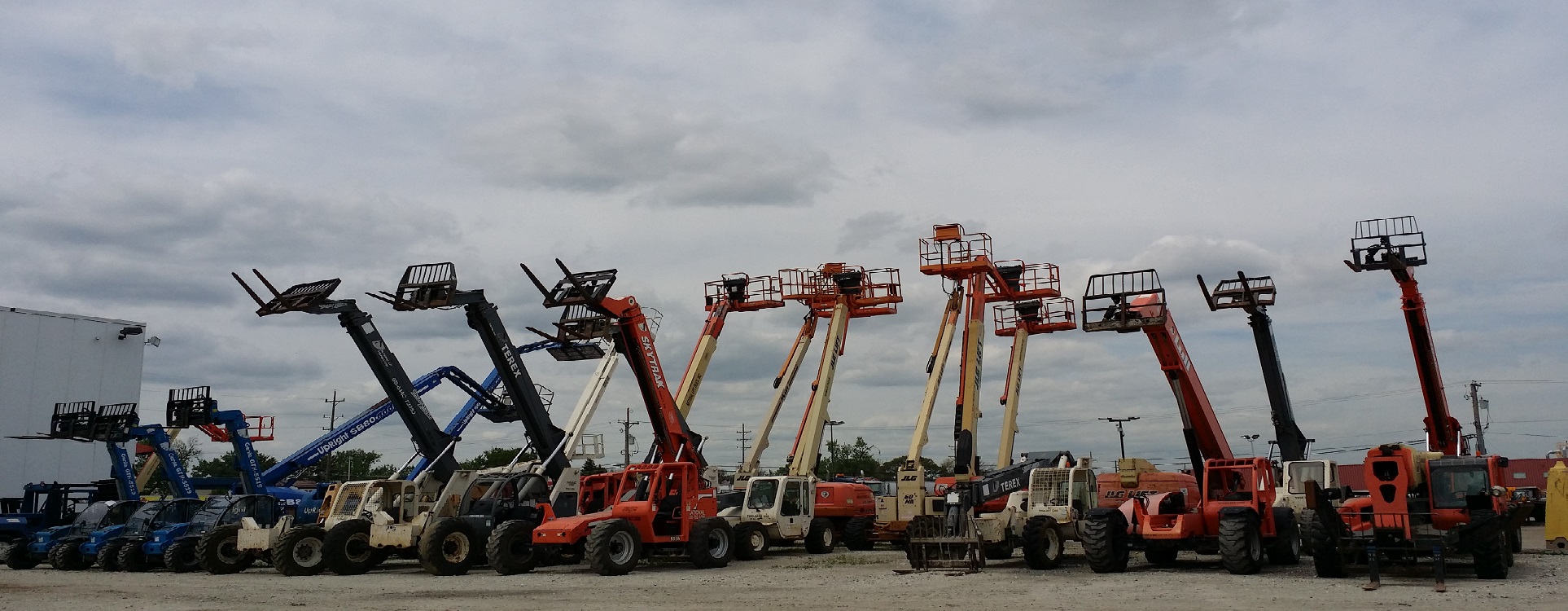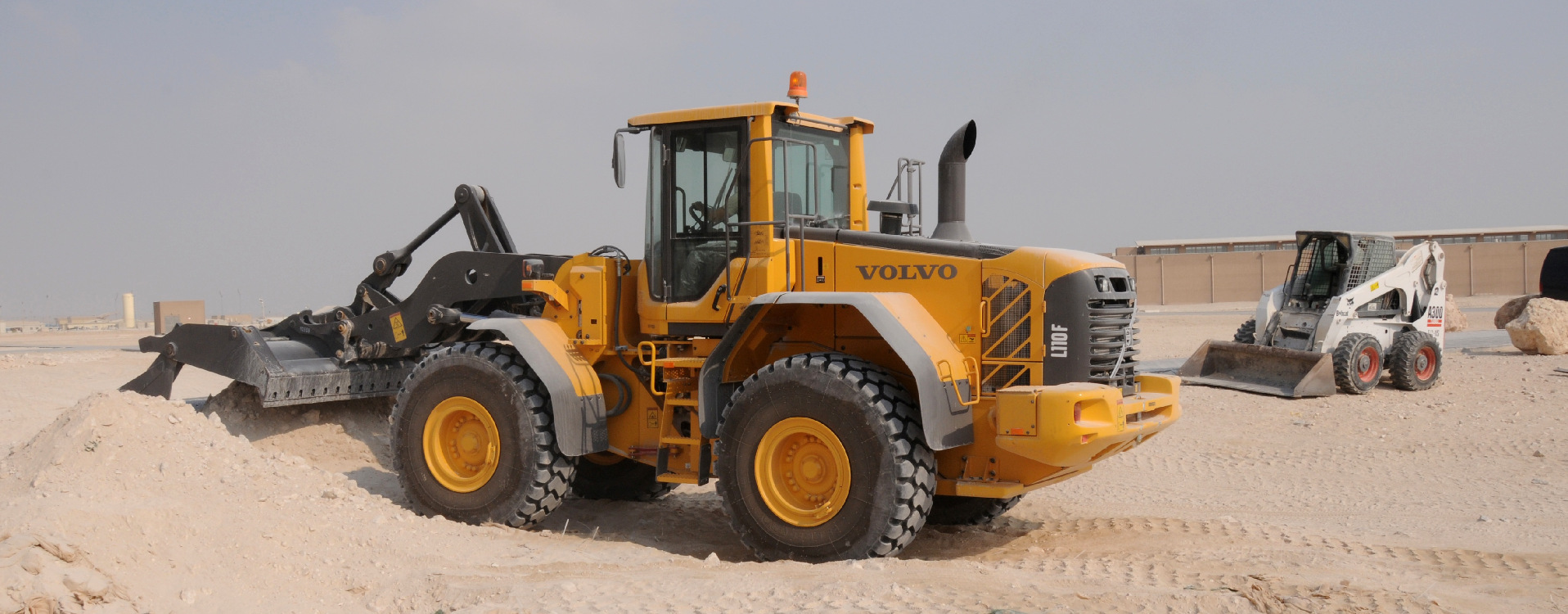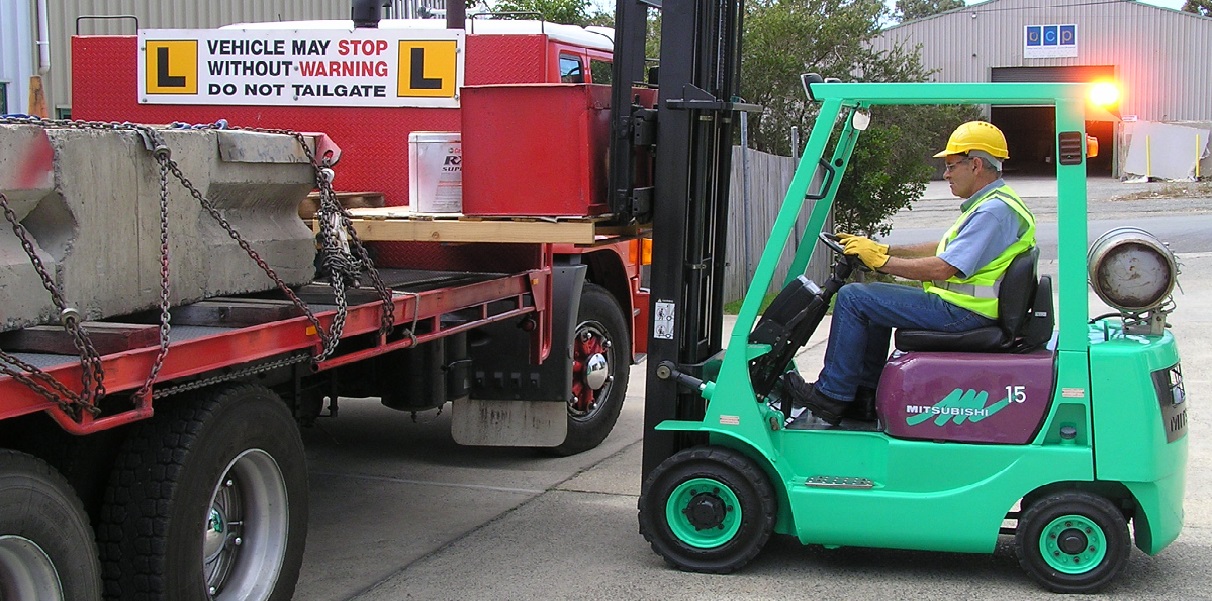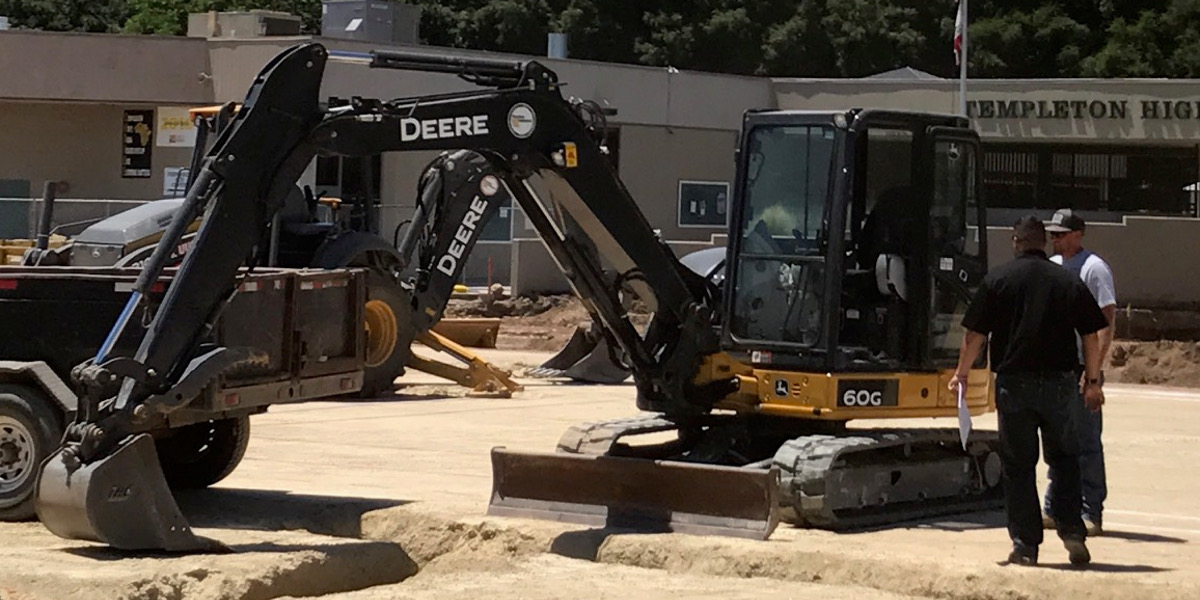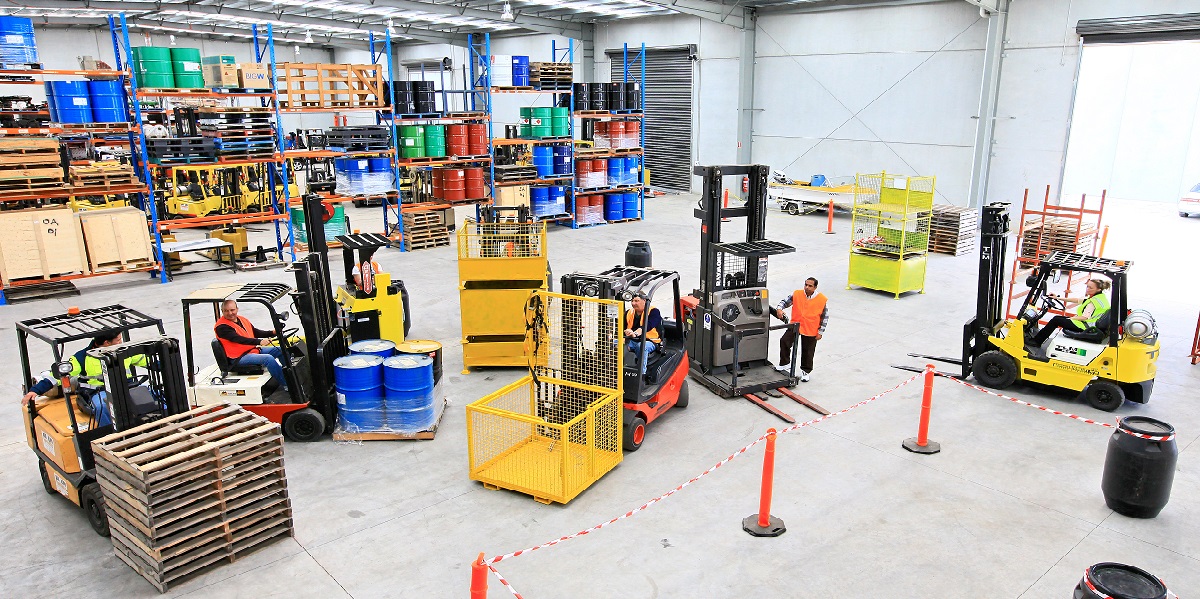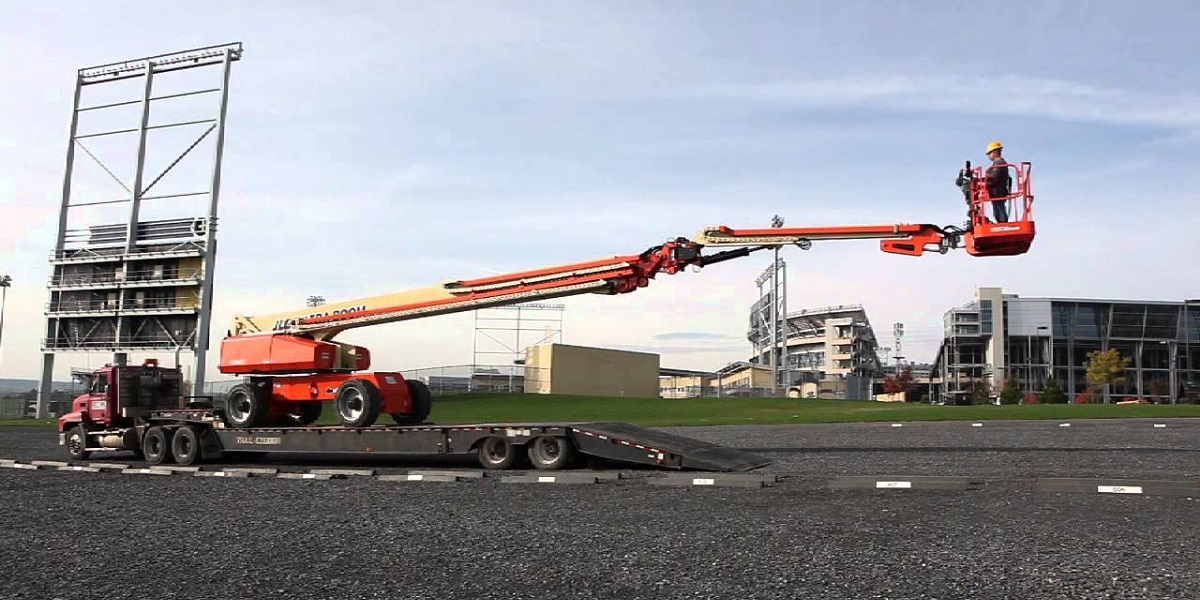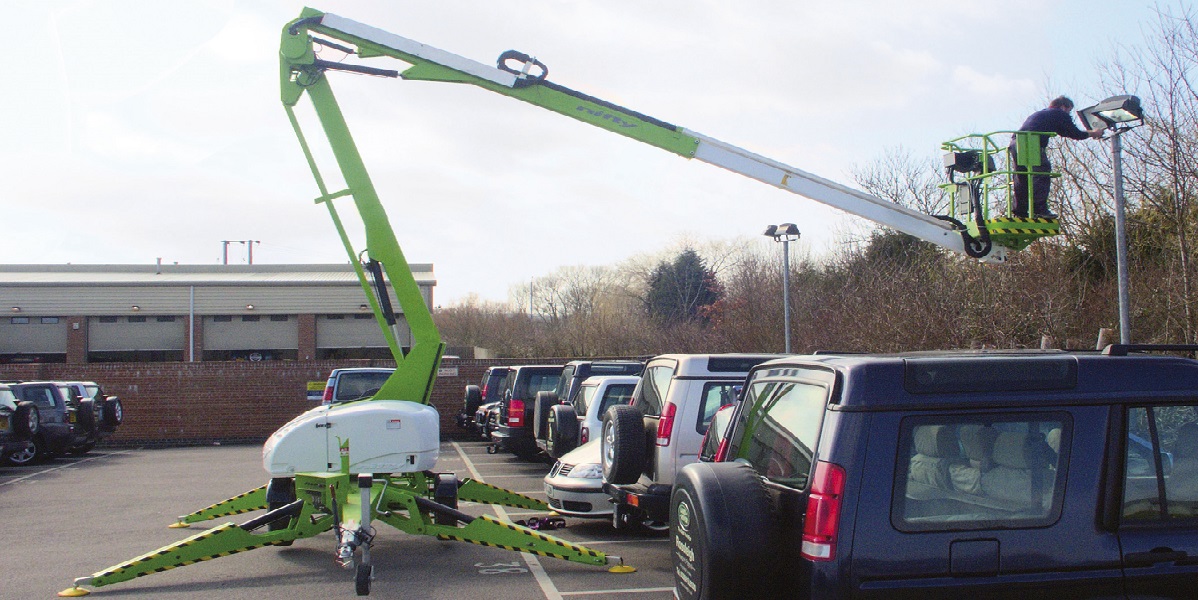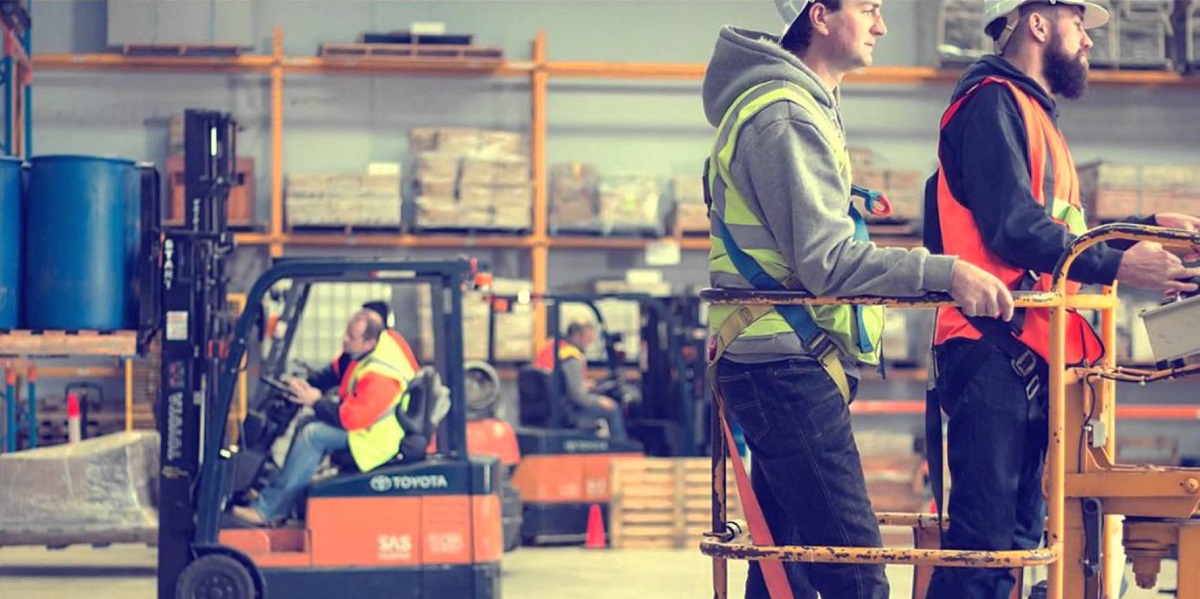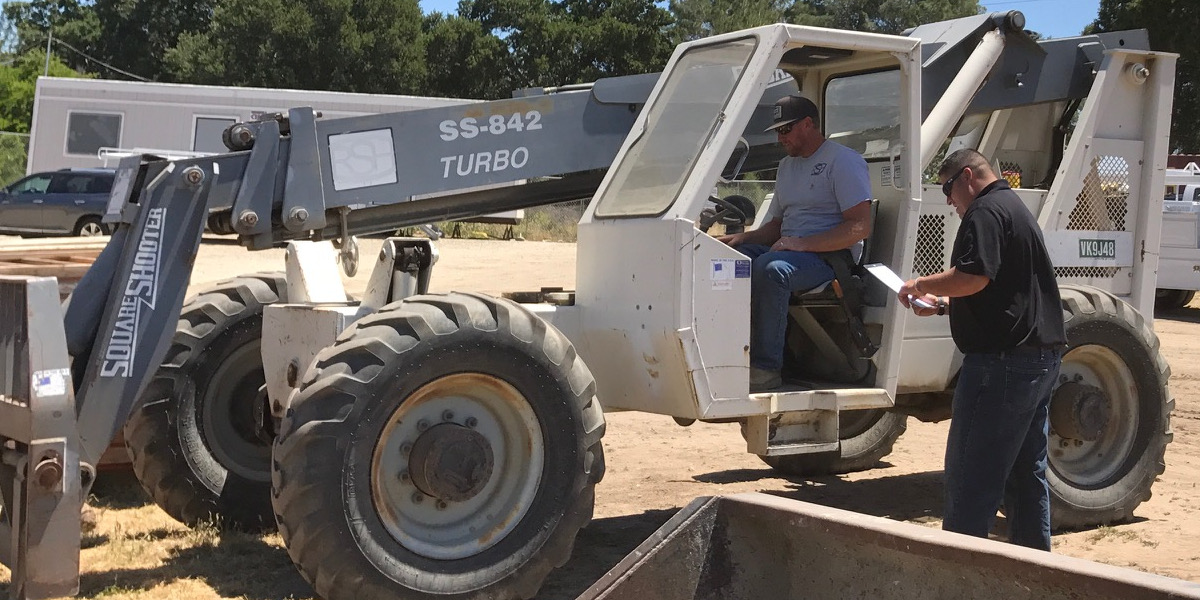Superior Training and Environmental
Get certified now! Superior Training and Environmental provides quality industrial safety training for individuals and companies. Our wide variety of training courses are catered to your needs and to whichever certifications are required. We provide superior industrial training services to our customers, and we look forward to extending our track record of excellence by offering our services to you today!
01
Our training courses
The Occupational Safety and Health Act of 1970 includes a provision that states, “only trained and authorized operators will be permitted to operate a powered industrial truck.”
Forklift
Aerial Lift
Earth Moving
Equipment training offered by Superior Training & Environmental provides proper training through classroom presentation, theory examinations, practical training and practical skills examinations. The main emphasis in training will be on safely operating the equipment. Practical training will be done individually under direct observation of the trainer to ensure correct and safe operation of the equipment. The practical skills examination will be based upon industry standards and the Ives Training Group program. The training and examinations are not make or model specific, they cover the general concepts common to the type of equipment in the training.
Aerial Lift
Earth Moving Equipment
02
Our environmental services
Construction projects are often significantly delayed due to poor development, implementation, and maintenance of the Best Management Practices (BMP)
A stormwater pollution prevention plan (SWPPP) is a site-specific document to help identify and address the potential sources of stormwater pollution, along with describing the practices that will reduce the pollutants in stormwater discharges. Our Qualified SWPPP Developers (QSD) will help you properly implement your SWPPP to obtain your general construction permit and avoid costly fines from the EPA and other government agencies.
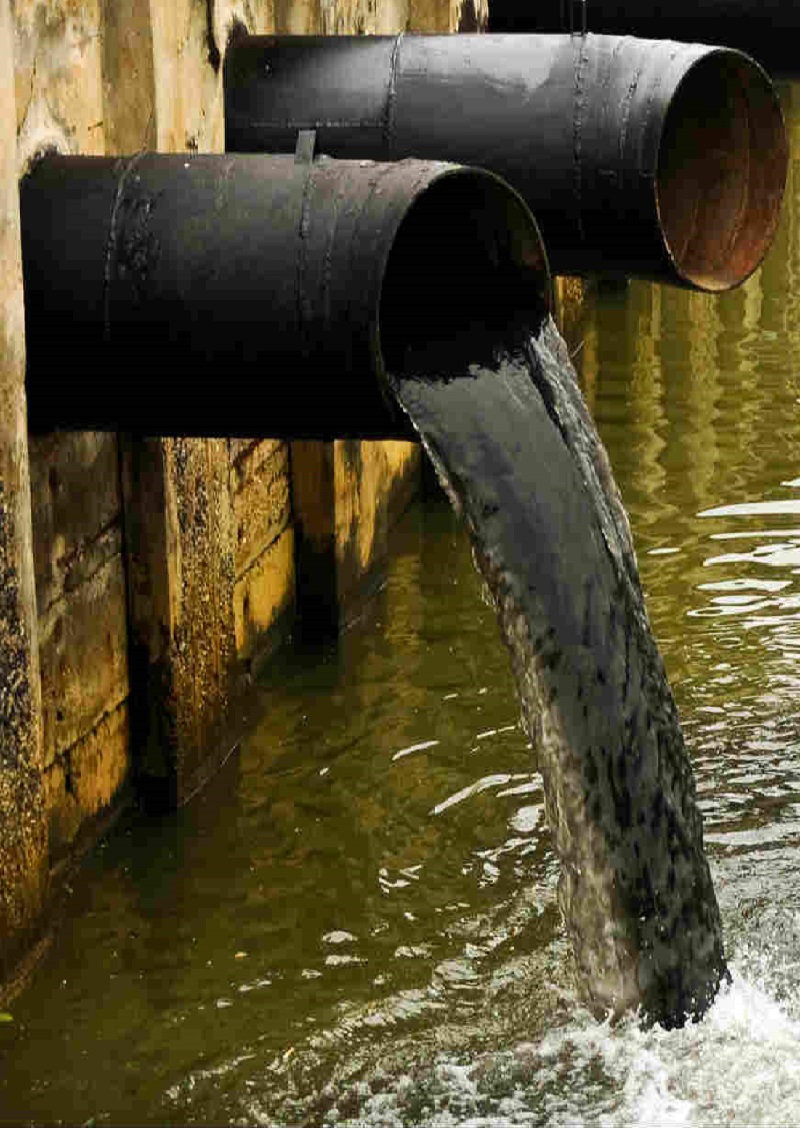
Storm water runoff can cause construction delays and environmental damage
-
SWPPP Plans
Storm Water Pollution Prevention Plans (SWPPPs) are a requirement of the National Pollutant Discharge Elimination System (NPDES) that regulates water quality when associated with construction or industrial activities. Let us assist you in creating your SWPPP as a part of your notice of intent which will help you obtain your general construction permit.
-
Inspections
Let our Qualified SWPPP Practitioner (QSP) take care of all your inspection needs including checking your BMP’s and sampling turbidity and pH levels. At a minimum, you are required to perform an inspection 24 hours prior to a rain event, 24 hour intervals during a rain event and 24 hours following a rain event. A qualifying rain event would be a 50% prediction of rain equaling 0.5 inch or more.
-
REAP Reports
Rain Event Action Plan (REAP) is required to be in place prior to any qualifying rain event during all phases of construction including grading, concrete, paving, and landscaping. This plan will provide procedures to follow in preparation for the rain event for your current phase of construction.
-
Annual Reports
Any project that has an open general construction permit for more than a year is required to prepare and submit an annual report that breaks down the steps that you have taken to ensure that your project is meeting all requirements and regulations set in place by government agencies.

